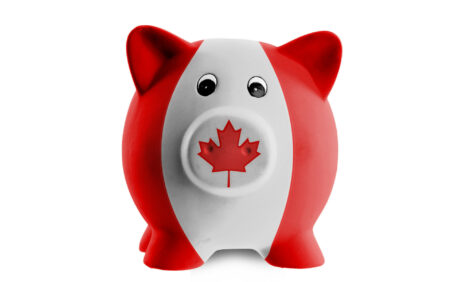



Feed Prices Pressure Producers
WALES, UK - Adverse weather conditions in many parts of the World have caused prices for wheat and soya to rise rapidly in recent weeks, putting severe pressure on many livestock enterprises in Wales. This was the message from farmers at Pembrokeshire County Show earlier this week.Feed costs are typically the largest single expenditure items for livestock producers, accounting for approximately a third of production costs for dairy and intensive beef producers and around 60 per cent of costs in the poultry sector.
A number of weather events around the world, particularly drought in parts of North America, are driving supply side concerns. The delayed harvest in the UK is also putting pressure on domestic supplies. Over the last two months, feed wheat has increased by nearly 340 per tonne and soya meal up nearly 50 per cent since the start of the year.
Commenting on the impact this has for Welsh farmers, Pembrokeshire Dairy Producer and NFU Cymru Deputy President Stephen James said: “The wet weather we have experienced in recent months has certainly affected the quality of our forage crops with farmers having to use every break in the rain to try to conserve grass. But, with harvest delayed and dry matter content often lower than hoped, many of us will have to rely on purchasing more feed than we would have budgeted for this winter to maintain production levels. With our principal input cost increasing significantly and our concerns over milk price well documented, we face mounting pressures as we head in to what could be a long and arduous winter.“
Pembrokeshire free range egg producer and NFU Cymru Poultry Board Chair Clare Morgan said: “With nearly two thirds of our production costs being feed, it is clear that the recent spikes in commodity markets are putting severe pressure on Welsh poultry producers. Unfortunately, we are aware of reports of downward pressure from retailers on egg prices at a time when our costs are soaring. Whilst consumer demand for Welsh poultry meat and eggs are good, producers cannot be expected to absorb these production cost increases - they need to be shared by the entire supply chain.“
Poultry production in Wales has been one of the great success stories of recent years. The value of Welsh egg production has grown from just 313.7 million in 2001 to over 330 million in 2010. Nearly eight million egg and meat producing birds accounted for 380 million (7 per cent) of the total Welsh Gross agricultural output in 2010.
Mrs Morgan continued: “We have more than 300 registered free range egg producers in Wales and in the last couple of years alone Welsh farmers have invested many millions of pounds to deliver on these high welfare production systems. However, poultry require specialist diets and, with no cost-effective replacement for soya in monogastric diets, our costs are heavily determined by world commodity markets.
“In the interest of maintaining and hopefully continuing to expand poultry production in Wales, it is important that short-term supplier prices to farmers reflect the recent volatility and fundamental change in world commodity feed markets. In the longer term, the whole supply chain needs to work together on delivering supply relationships which take into account inflation in production costs,“ Mrs Morgan added.








